
Culture & Sports
18:32, 05-Mar-2017
Hear the buzz? Sunday marks 'Waking of Insects' in China
Updated
10:58, 28-Jun-2018
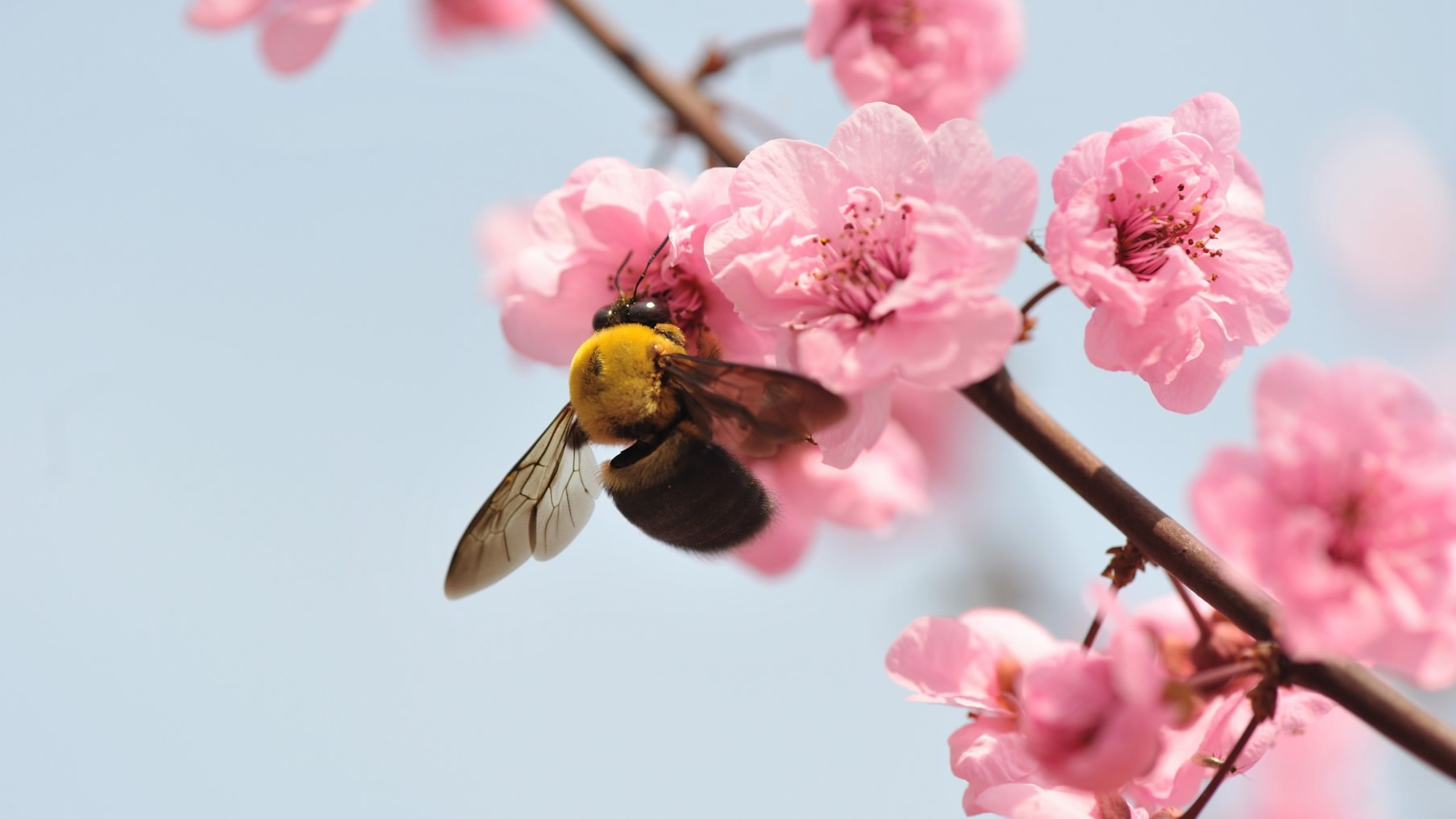
The traditional Chinese calendar divides a year into 24 solar terms, known in Chinese as Jieqi “节气,” to indicate different meteorological and thermal periods, including the succession of seasons, weather changes and transformations of the natural environment. Sunday marks the third solar term of year, Jingzhe, or the Waking of Insects, known in Chinese as “惊蛰”.
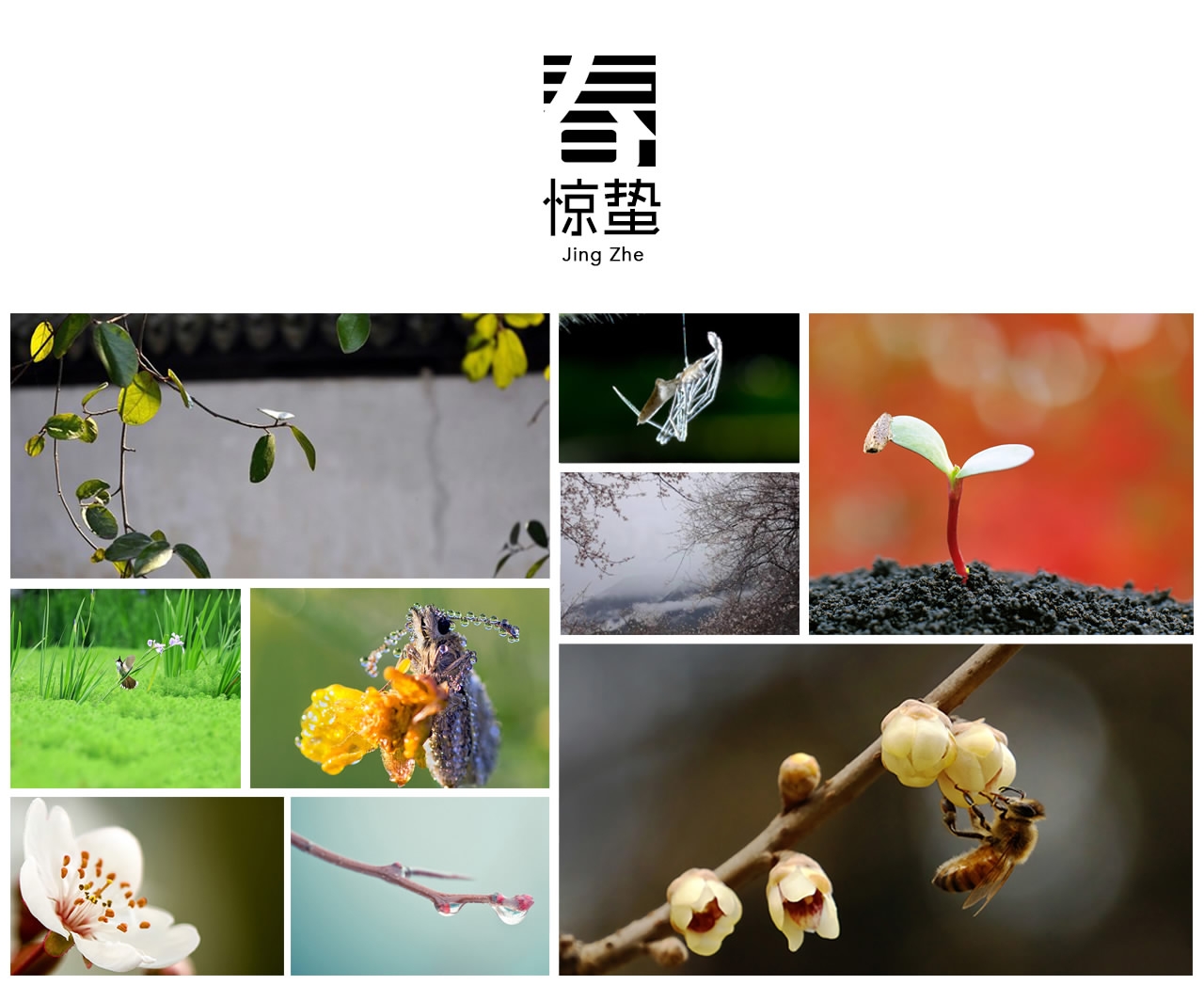
CGTN Photo
CGTN Photo
According to traditional Chinese folklore, on this day thunderstorms will wake up the hibernating insects, which implies that the weather is getting warmer and that the time has come to start spring ploughing.
And as with all days marked on the Chinese calendar, customs are an integral part of the commemoration of the occasion.
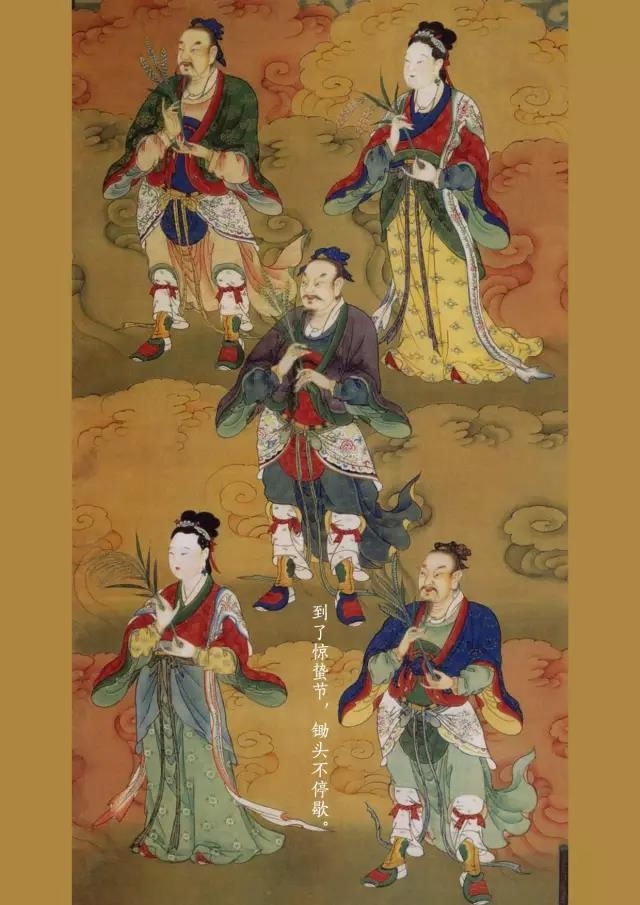
CFP Photo
CFP Photo
Making offerings to the White Tiger (祭白虎)
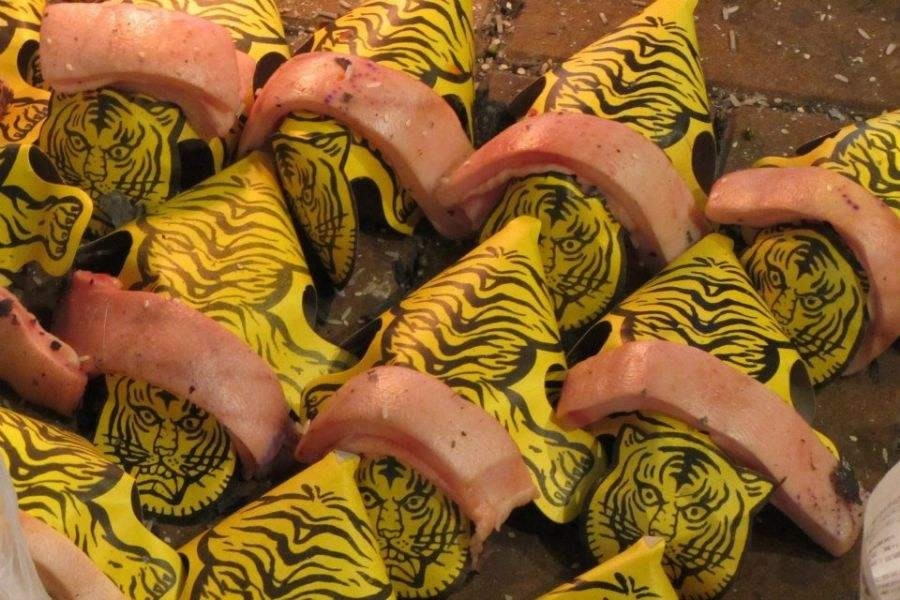
CFP Photo
CFP Photo
The traditional belief holds that the white tiger is the inauspicious deity of arguments or conflicts arising from malicious gossips, and it would be on the prowl for preys on Jingzhe. If one offends it in any way, the white tiger would retaliate by draining them of luck.
To avoid being cursed, people would offer pig blood and pork to tiger effigies made of paper in order to keep the deity from opening its mouth for gossips.
Hitting the villain (打小人)
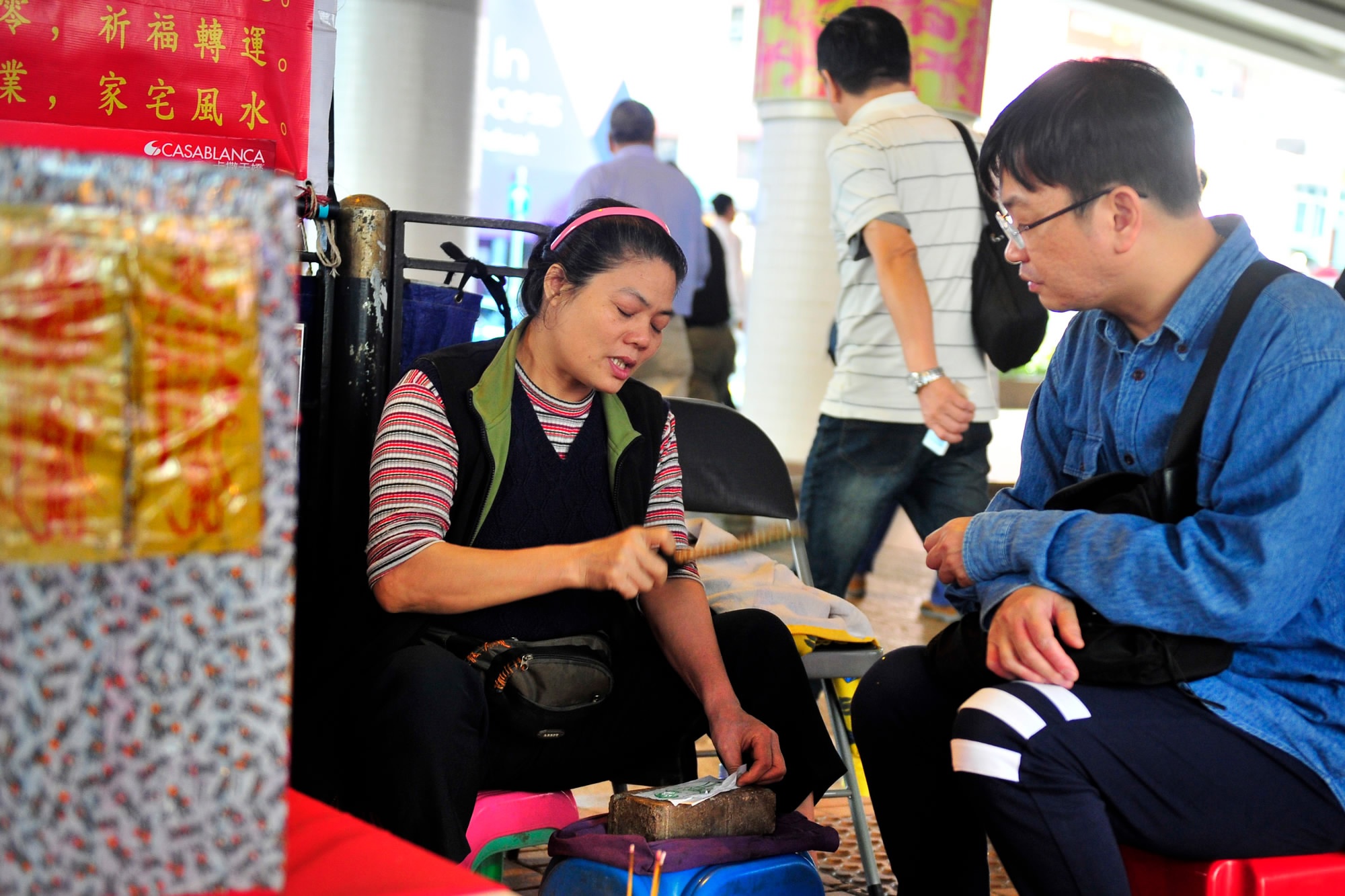
CFP Photo
CFP Photo
In ancient times, Chinese housewives would burn incense and Chinese mugwort to drive away insects or other animals from their houses. The practice evolved through the years into a new custom, hitting paper dolls that symbolize trouble-makers. Old grannies could be seen mumbling incantations while hitting “villains” with their slippers.
Worshipping the lord of thunder (祭雷神)
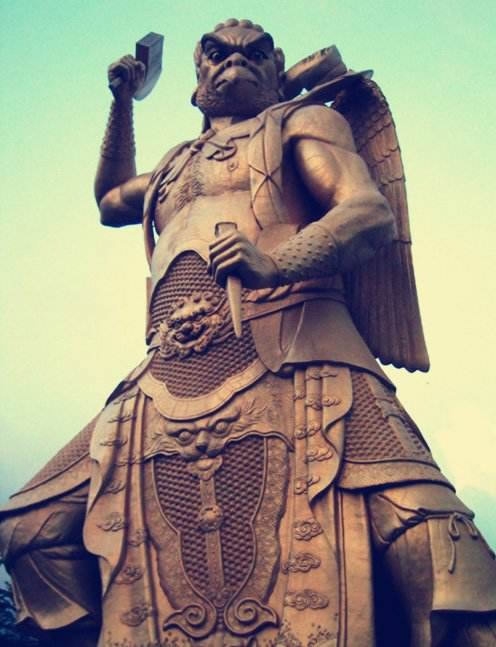
CFP Photo
CFP Photo
Chinese farmers believe that the lord of thunder, which carries a hammer and metal stake, sends thunder and rainfall to earth. To pray for good weather for the crops, people would offer sacrifices at home or go to the temple to burn incense in honor of the deity.
Eating pears (吃梨)
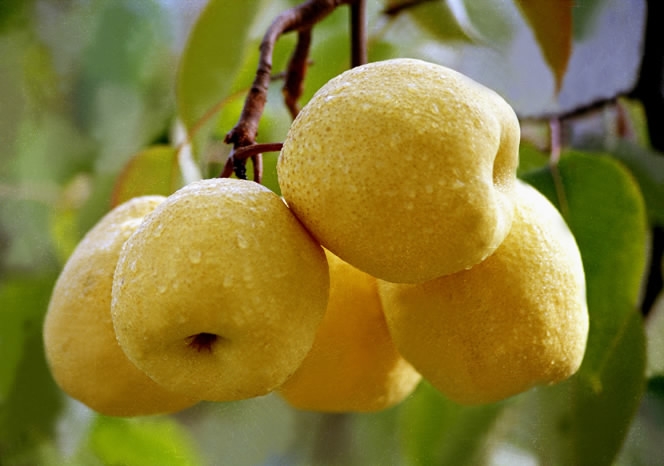
CFP Photo
CFP Photo
A fresh, juicy pear is, of course, a delightful treat at any time year-round. There is no official story on how eating the fruit became a Jingzhe custom, although one legend has it that the Chinese pronunciation of pear, known in Chinese as“梨” and plough, known in Chinese as “犁” are homophonic. True or not, eating a pear today would surely add a sweet touch to your weekend.
Enjoying flowers (赏花)
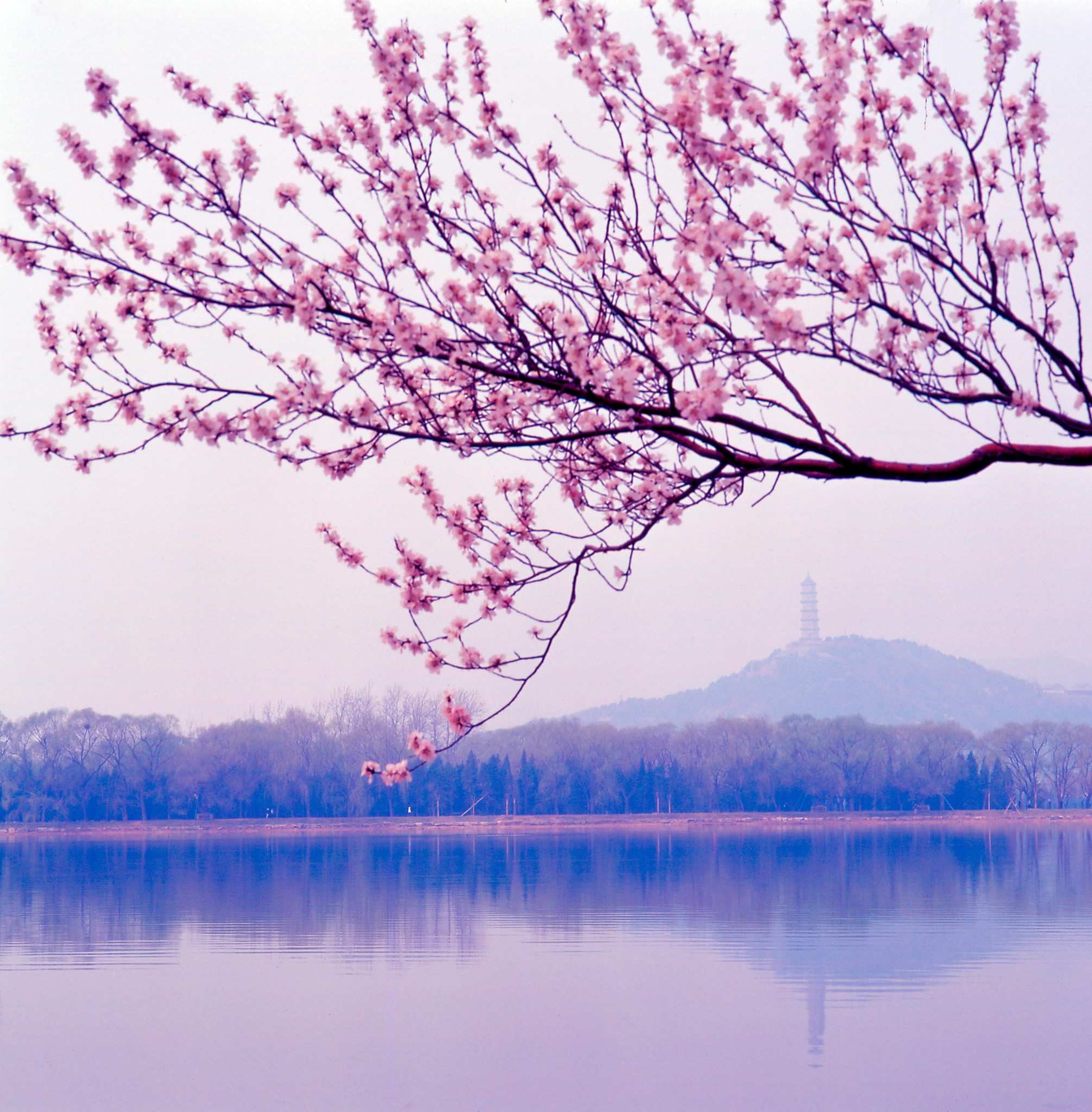
CFP Photo
CFP Photo
Jingzhe is the start of spring when peach blossoms start blooming everywhere. Why don’t you go out for a taste of the season’s pink flavor?

SITEMAP
Copyright © 2018 CGTN. Beijing ICP prepared NO.16065310-3
Copyright © 2018 CGTN. Beijing ICP prepared NO.16065310-3